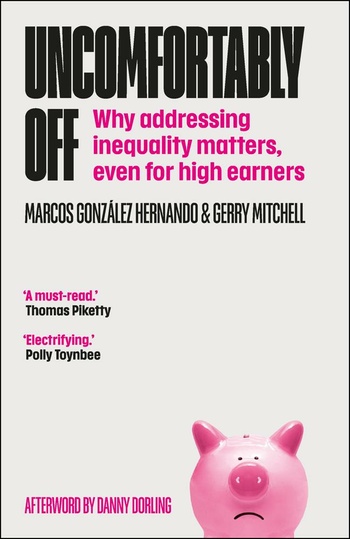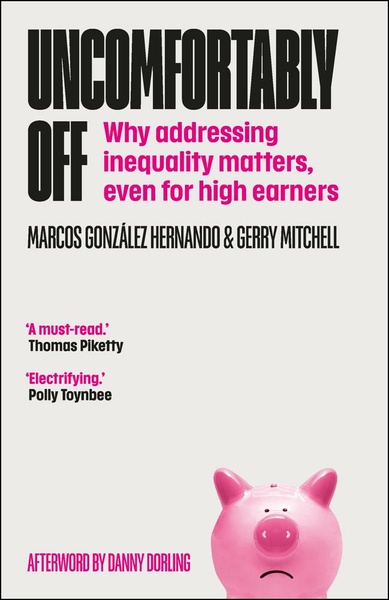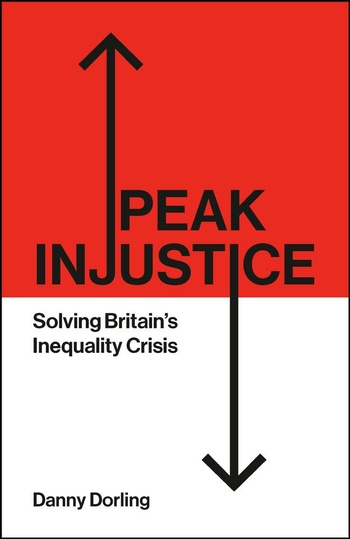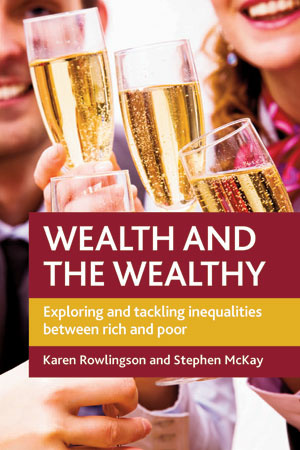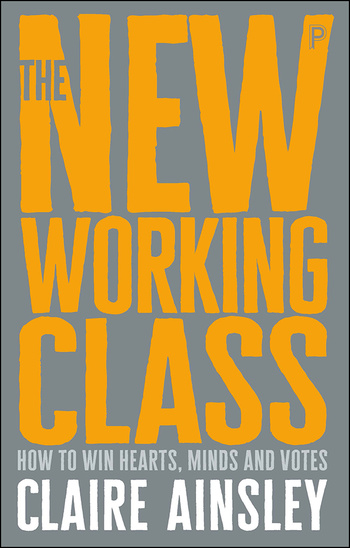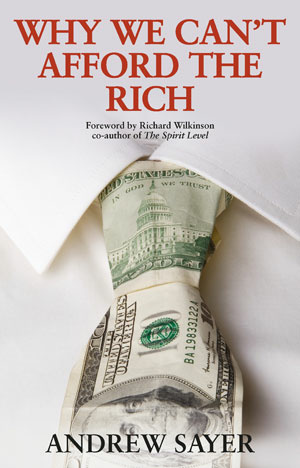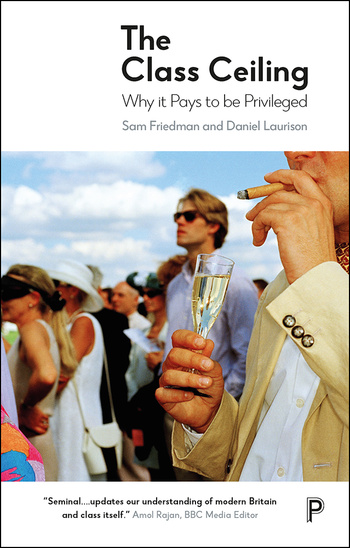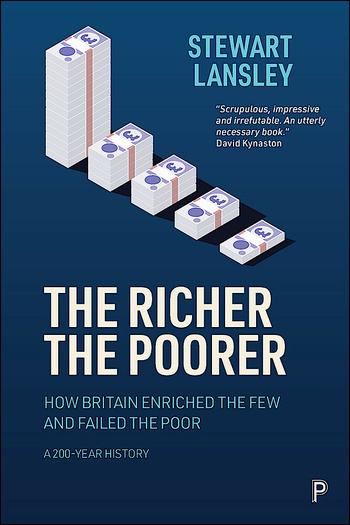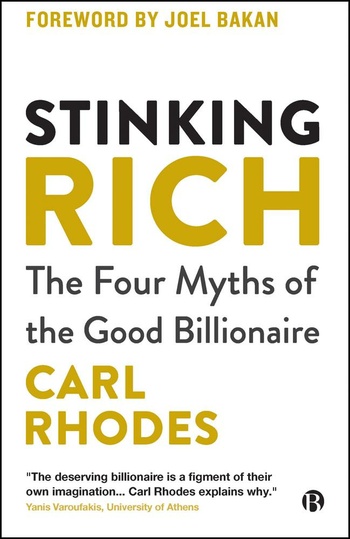In highly unequal societies such as the UK, where the top 10% take a higher share of disposable income than in most other European countries, many feel resentment towards high earners. On paper, they are doing well, but inequality isn’t even working for them.
Uncomfortably Off reveals that those generally considered to be the most affluent feel anxious about the future and struggle to keep up, or even to stay put. They are starting to doubt their common sense ideas about hard work and meritocracy as work pays less and less and life is becoming more uncomfortable.
This book makes two crucial arguments. First, reducing income inequality will benefit everyone, even those quite near the top. Second, we need to understand the anxieties of high earners to understand their politics. As leading managers and professionals they have disproportionate influence on the institutions that rule over our public life. Their interests are ultimately not that dissimilar from those of the median earner: being able to afford a good quality of life in an ever more expensive and uncertain world.
The hope of this book is to prompt high earners to question accepted truths and long-held beliefs that affect how they see themselves and judge others. In doing so, it seeks to help us all understand why dismissing the concerns of this group will not help in the fight to solve inequality.









